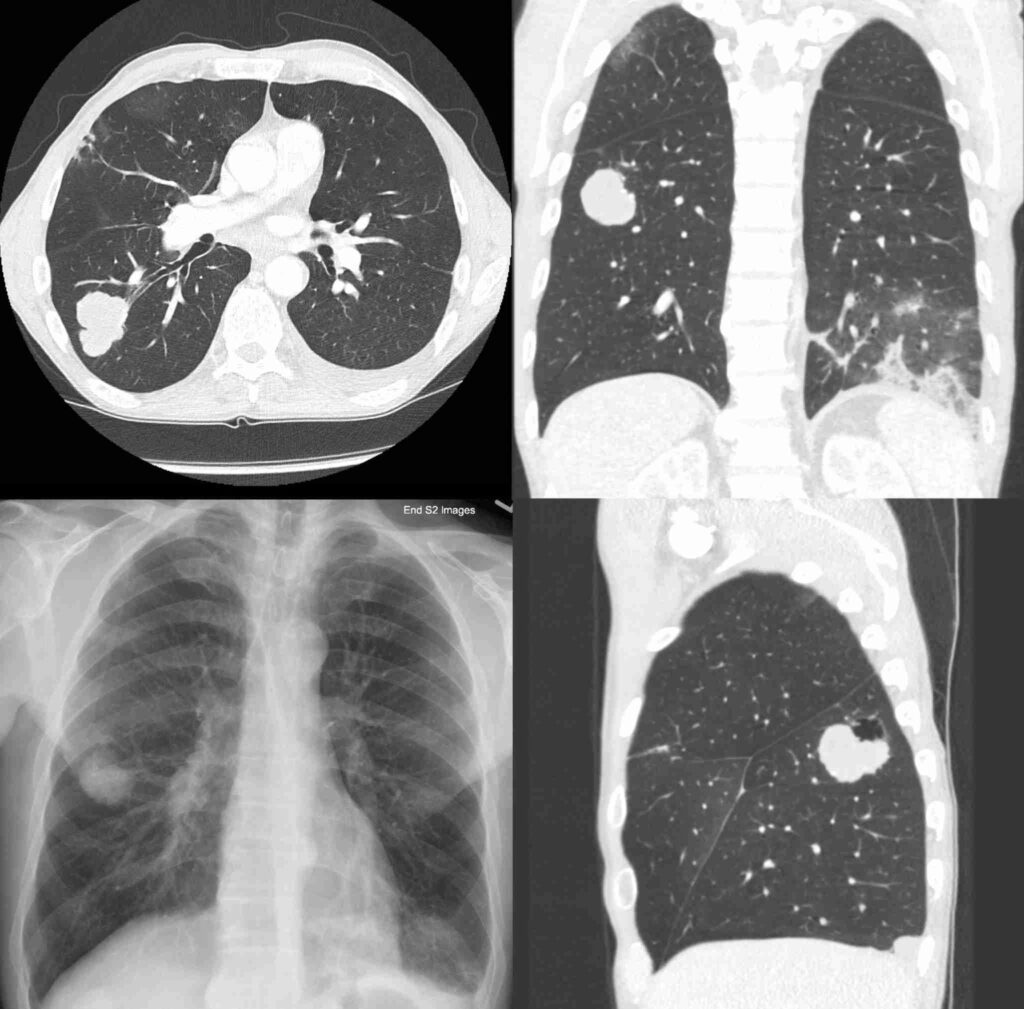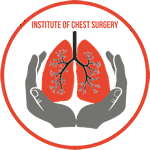Esophageal cancer is a formidable and often challenging disease that affects the esophagus, the muscular tube that carries food and liquids from the throat to the stomach. It is a serious condition that requires prompt and effective treatment to improve outcomes and enhance the quality of life for affected individuals. The treatment for esophageal cancer varies based on factors such as the stage of the cancer, the patient’s overall health, and their treatment preferences. In this comprehensive guide, we will explore the different treatment options available for esophageal cancer, including surgical, radiation, and medical therapies that can be used alone or in combination to combat this complex disease.
1. Surgery: The First Line of Defense
Surgery is often the primary treatment for early-stage esophageal cancer or localized tumors that have not spread to distant organs or lymph nodes. Different surgical procedures may be considered depending on the tumor’s location and extent.
Transhiatal Esophagectomy:
This surgical approach involves removing part of the esophagus, nearby lymph nodes, and a portion of the stomach through incisions in the neck and abdomen. The remaining portion of the stomach is then attached to the remaining esophagus.
Ivor Lewis Esophagectomy:
In an Ivor Lewis esophagectomy, the upper part of the stomach, part of the esophagus, and nearby lymph nodes are removed. The stomach is then pulled up and attached to the remaining part of the esophagus in the chest.
Minimally Invasive Esophagectomy (MIE):
MIE is a less invasive surgical technique performed using small incisions and a laparoscope. This approach can lead to faster recovery and reduced post-operative complications compared to traditional open surgery.
2. Radiation Therapy: Targeting Cancer Cells
Radiation therapy uses high-energy X-rays or other particles to target and destroy cancer cells. It is often used before or after surgery or when surgery is not a feasible option. Radiation therapy can be delivered externally (external beam radiation) or internally (brachytherapy).
External Beam Radiation:
During external beam radiation, a machine directs radiation from outside the body to the tumor and surrounding tissues. The treatment is usually delivered over several weeks.
Brachytherapy:
Brachytherapy involves placing a radioactive source directly inside or near the tumor. This allows for precise delivery of radiation and reduces exposure to nearby healthy tissues.
3. Chemotherapy: The Systemic Approach
Chemotherapy uses powerful drugs to kill rapidly dividing cancer cells throughout the body. It is often used in combination with surgery and radiation therapy to improve treatment effectiveness.
Systemic Chemotherapy:
Systemic chemotherapy is administered through the bloodstream, allowing it to reach cancer cells in various parts of the body. It is commonly used to shrink tumors before surgery or to treat advanced esophageal cancer.
Neoadjuvant Chemotherapy:
Neoadjuvant chemotherapy is given before surgery to shrink the tumor and make it more manageable for surgical removal.
Adjuvant Chemotherapy:
Adjuvant chemotherapy is given after surgery to eliminate any remaining cancer cells and reduce the risk of cancer recurrence.
4. Targeted Therapy: Precision Medicine
Targeted therapy is a form of treatment that specifically targets certain molecules or proteins involved in cancer growth and progression. It can be used in combination with chemotherapy or as a standalone treatment for certain types of esophageal cancer.
Her2/neu Inhibitors:
Her2/neu inhibitors target a protein that is overexpressed in some esophageal cancers. These drugs can help slow down cancer growth and improve outcomes in patients with Her2/neu-positive tumors.
Angiogenesis Inhibitors:
Angiogenesis inhibitors block the formation of new blood vessels that supply nutrients to the tumor, ultimately hindering its growth.
5. Immunotherapy: Empowering the Immune System
Immunotherapy is a groundbreaking treatment that harnesses the body’s immune system to recognize and attack cancer cells. It has shown promising results in treating certain types of esophageal cancer, particularly in advanced cases.
PD-1 Inhibitors:
PD-1 inhibitors are a type of immunotherapy that blocks a protein called PD-1 on immune cells, enabling the immune system to better recognize and attack cancer cells.
CTLA-4 Inhibitors:
CTLA-4 inhibitors target a protein called CTLA-4, which helps regulate the immune response. By blocking this protein, immunotherapy enhances the immune system’s ability to fight cancer cells.
Conclusion
The treatment options for esophageal cancer continue to evolve, providing hope and better prospects for patients and their families. The choice of treatment depends on several factors, including the stage of the cancer, the patient’s overall health, and their treatment goals. Some cases may require a combination of therapies, such as surgery, radiation, chemotherapy, targeted therapy, or immunotherapy, to achieve the best possible outcomes.
Early detection, regular medical check-ups, and adopting a healthy lifestyle can play a pivotal role in improving the prognosis for esophageal cancer patients. Additionally, seeking second opinions and consulting with a multidisciplinary team of medical professionals, including oncologists like Dr. Mohan Venkatesh Pulle, can help patients make informed decisions about their treatment plan.
It is important to remember that each patient’s journey with esophageal cancer is unique. Therefore, individuals diagnosed with this disease should discuss their specific case with healthcare providers to explore the most appropriate and effective treatment options for their condition.







